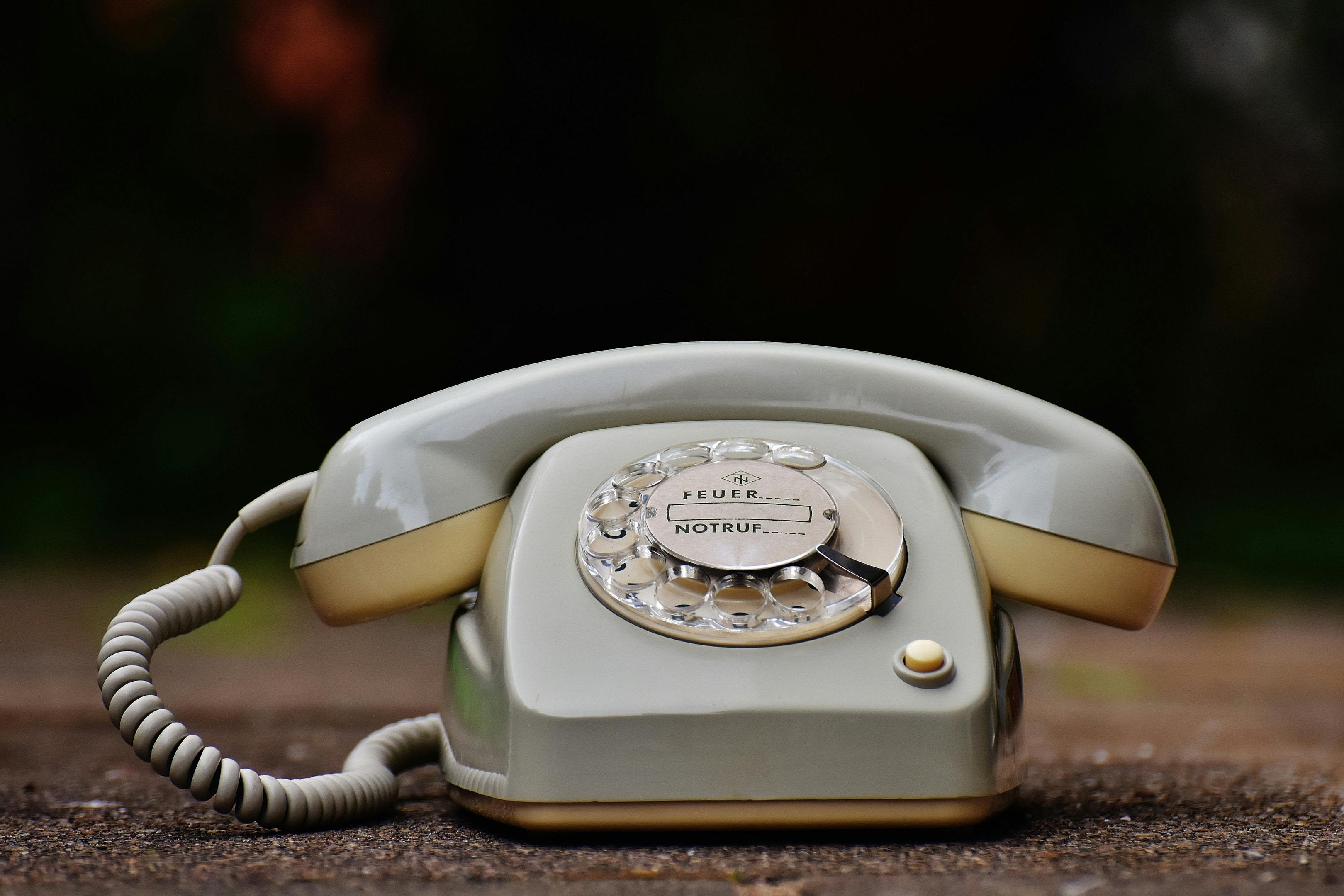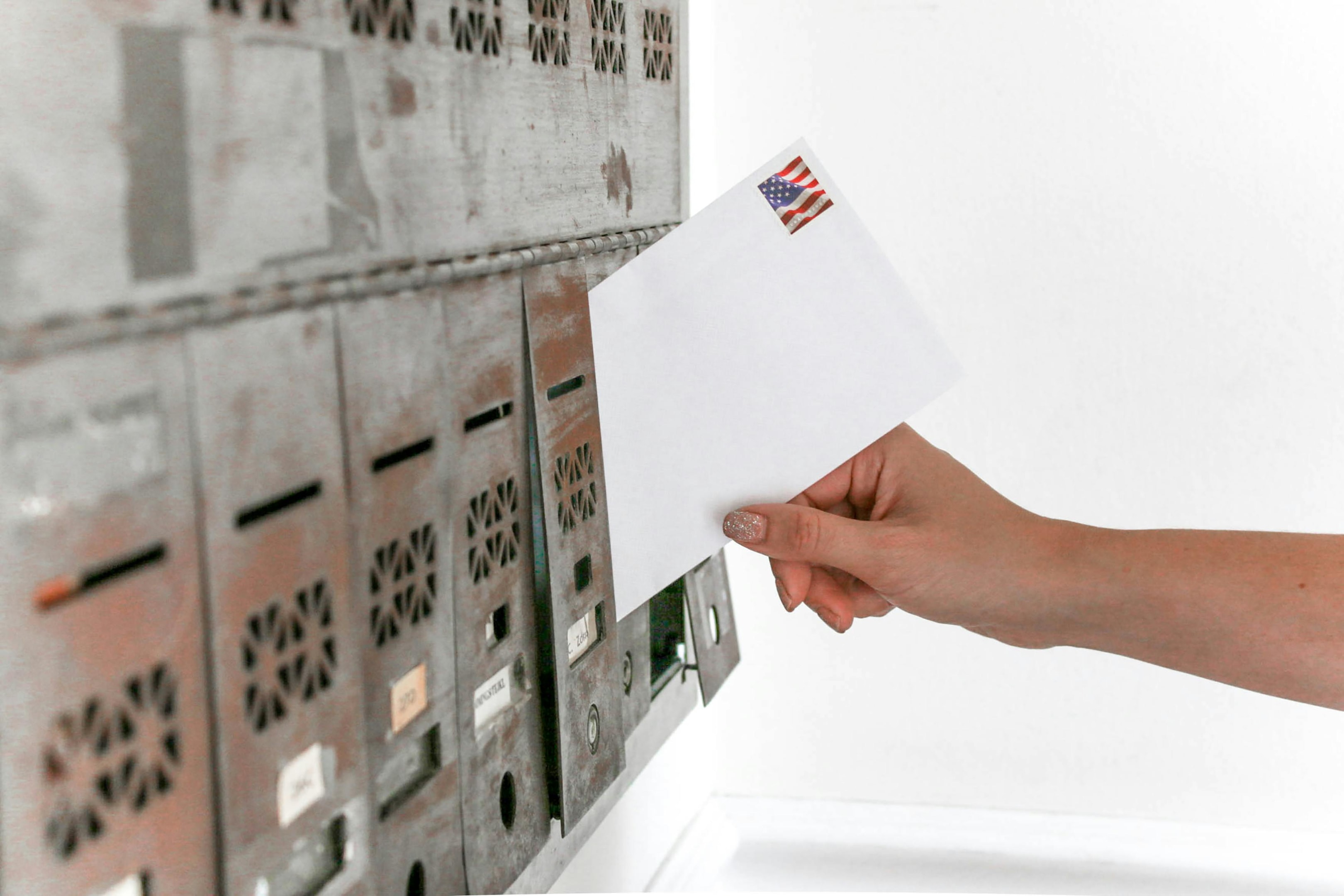Best Tips on What to Say in Probate Letters to Get the Phone Ringing

If you're trying to generate real estate leads through probate, you're balancing being helpful with not being intrusive. When done with empathy and clarity, a well-written probate letter can open doors to off-market deals and build trust with families during a difficult time. The probate niche is unique, requiring a thoughtful, strategic approach for long-term success. Here's what to say in probate letters to get the phone ringing without seeming like just another investor. Remember, getting calls takes consistent follow-up and genuine empathy—not just sending one letter. To improve your chances, make the first call to your probate leads soon after sending your letter.
Understanding the Probate Process
What Is Probate and Why It Matters
Probate is the legal process of settling an estate after someone passes away. The probate process often involves sending a legal notice to heirs and interested parties to inform them about the estate proceedings. This often includes handling outstanding debts, distributing assets, and—yes—managing any real estate involved. For many heirs, this process is stressful and unfamiliar. To learn more about this process, see Understanding What Happens to a House During Probate: A Clear Guide.
Common Challenges Heirs Face During Probate
Heirs often live out of state, have emotional attachments to the property, or simply lack the time or resources to manage it. In addition, heirs may have a financial interest in the property, which can complicate decision-making. The home may need repairs, be vacant, or carry legal burdens like back taxes or liens.
Why Heirs May Want to Sell the Property
Many heirs prefer a clean, quick resolution. If they don't want to keep the property or can't afford to maintain it, they may be open to selling—especially if they're approached by someone who can make the process easier. Sometimes, heirs need money quickly to pay debts or to divide the inheritance among beneficiaries.
The Purpose of a Probate Letter
It's Not About the Property—It's About the Person
Don't open your letter talking about how much cash you can offer. Instead, acknowledge the reader's situation. Show them you understand what they're going through and that you're reaching out with a possible solution—not pressure, not a buyer. Emphasize your commitment to providing exceptional service and support throughout the probate process, ensuring their needs are met with care and professionalism.
Positioning Yourself as a Solution, Not a Salesperson
The goal of your letter isn't to "close the deal"—it's to open a conversation. Offer value first. Think of yourself as a problem solver, not a buyer. The difference between this approach and that of typical investors is that the focus is on understanding your unique situation and providing tailored solutions, rather than just making an offer. To learn more about how to position yourself in a good way, see How Probate Investors Can Offer Value To Surviving Spouses.
Building Trust From the Very First Line
Every word matters. Your tone should be calm, respectful, and sincere. Avoid flashy fonts or salesy phrases. Keep it real, keep it human. Building trust is absolutely essential when reaching out to families during probate. If you position yourself as a credible, trustworthy individual the families will be more likely to work with you as an investor.

Timing Your Outreach for Maximum Impact
When to Send Your First Probate Letter
Everyone will have a different opinion on the timing of reaching out to probate heirs. About 4–6 weeks after the probate case is filed is often recommened. This timing is ideal for making your first contact with the heirs, allowing you to establish a connection before they are inundated with offers. That's when heirs are beginning to make decisions, but aren't yet overwhelmed by offers.
How Often to Follow Up Without Being Intrusive
Send a follow-up every 3–4 weeks. Be consistent, but not pushy. Making multiple contacts over time—through calls or letters—can help build trust, make you recognizable and increase your chances of a response. Don't give up, it's ofthen the third or fourth letter that gets a call.
Why Consistency Beats Aggression
In cases of probate, you're not the only investor reaching out. But you might be the only one who does it respectfully—and persistently. If other investors are being too pushy or making flashy sales offers, it can make your letters stand out- in a good way. Make sure to follow up with all the leads to maximize your results.
Structuring a High-Response Probate Letter
The Ideal Letter Length
Keep it short. These individuals are often opening multiple letters a day and likely won't devote their time to reading a 4 paragraph letter. The simpler you can make your letter, the better. Keep it short, while being mindful of the sensitive situation.
What to Include (and What to Avoid)
Include:
A sincere intro
Why you're reaching out
A gentle offer to help
Your contact info
A non-pushy call to action
Any services you offer that assist with the probate process, such as probate lead generation, CRM management, or outreach systems
Avoid:
Words like "cash offer," "quick close," or "we buy houses" in the intro
Cluttered design
Gimmicky fonts or graphics

Should You Handwrite or Print Your Letters?
Handwritten envelopes and signatures increase open rates. If budget allows, handwritten letters (or at least envelopes) can boost response rates significantly. Even if you prepare your letters in the office, adding a handwritten element can make them feel more personal.
Subject Lines and Opening Lines That Build Connection
Lead With Empathy and Purpose
Examples:
"I'm sorry for your loss—here if you need help."
"Reaching out about a property in your family."
"I know this might be a difficult time…"
Phrases That Disarm, Not Alarm
Avoid hard closes. Use phrases like:
"No pressure at all."
"Only reaching out if this is something you'd like help with."
"I help families navigate the real estate part of probate."
"If it makes sense to talk, I'm here to help."
These types of approaches aim to gently address the fact that there was a death in the family. Be prepared to receive some hate, even if you think you are approaching gently. An alternative approach is to be very open vague about the situation, which will likely ruffle less feathers. If you're interested in this approach, consider a letter as simple a "I have a question about your property". This leaves the heir with a multitude of questions and will likely generate a higher response rate, while not even addressing the recenlty death of their family member.
Personalization Tips That Work
Reference the property address if it is publicly available. Always include your full real name rather than just a company logo to add a personal touch and build trust with the recipient.
Sample Probate Letter Templates That Work
The "Problem-Solver" Letter
Hi [First Name],
I'm reaching out regarding a property located at [Property Address].
I understand this may be a difficult time, and I wanted to offer help if the family is considering selling the home. I work with families going through probate and provide solutions that make things simple and stress-free.
If you'd like to talk, no pressure at all. You can reach me at [Your Phone] or reply to this letter.
Wishing you peace and clarity during this time.
Sincerely,
[Your Name]
The "Quiet Helper" Letter
Dear [First Name],
I hope this note finds you well. I work with families in Georgia handling probate properties and wanted to extend a gentle offer of help.
If you're feeling overwhelmed by managing a home during this process, I might be able to assist. I'm local, I buy as-is, and I move at your pace.
Feel free to call or text if you'd like to talk—no obligations at all.
Sincerely,
[Your Name]

Words and Phrases to Avoid in Probate Letters
What Sounds Too Salesy
"Fast cash"
"No commissions"
"Close in 7 days"
"Good deal"
These trigger skepticism and reduce trust.
Phrases That Come Off Cold or Pushy
"Act now"
"Don't miss out"
"Limited time offer"
Remember: this isn't a Black Friday deal. Using pushy language like this can make recipients want to hang up or ignore your letter.
Avoiding Emotional Landmines
Avoid using the word "death," "deceased," or "inherited" harshly. Soften it with "estate," "family property," or "after a loved one's passing." Referring to the decedent as a "dead person" is especially insensitive and should be avoided, as it can come across as harsh and disrespectful during discussions about estate matters.
Contact Options: Phone Number, Email, or Both?
Best Way to Include Contact Info
Include both, but emphasize your phone number if you're available to talk. Most serious inquiries will come through phone calls, so be ready to answer. Make it feel personal—like they're calling you, not a company.
How to Invite a Response Gently
Say:
"If you'd like to talk, feel free to call or text me. I'll be available on the other end of the phone to answer any questions you have."
"No rush—just here if you need someone to walk you through the options."
Tips to Increase Callback Rate
Use a local number. Include your name again at the bottom. Mention your availability (e.g., "Feel free to call evenings or weekends"). If you prefer, I can also answer your questions in a real quick call.

Direct Mail Best Practices for Probate Outreach
What Kind of Envelope Gets Opened
Use a plain white or manila envelope and try to avoid business style. Instead opt for an envelope that looks like a personal letter that could be coming from a friend or relative. Handwrite the address if possible. Avoid logos or "real estate" on the outside. Using a first class paid stamp instead of metered postage can also make your envelope look more personal.
Handwritten vs. Typed Addresses
Handwritten envelopes get opened more often. Sometimes using cursive for handwritten addresses can add a personal touch. Typed letters are fine- just add a signature to add some personal touch.
When to Use Postcards (and When Not To)
Avoid postcards for your first outreach. Letters in envelopes feel more private and respectful. Postcards can be used positively for an effective follow up campaign; look into sending them every three months after your initial couple letters get put in the mail.
Common Mistakes That Kill Response Rates
Sending generic, copy-paste templates
Focusing too much on the deal, not the situation
Forgetting to follow up
Using aggressive calls to action
Not including your name and direct phone number
Not understanding the difference between a helpful letter and a sales pitch
Using Storytelling in Your Letter
Share Your Why
Tell them why you do what you do. Maybe you've been through probate yourself. Maybe you just want to help families avoid stress. Explain that over the years, you've heard from many families about the challenges they faced during probate. This will allow you to establish rapport and show your experience.
Real-World Examples Help
"I recently helped another family in Augusta who just wanted to be done with the property. We kept things simple and closed on their timeline. What happened next was that the family was able to move forward without any further stress or delays."
Be Authentic, Not Perfect
Don't try to sound corporate in your probate letters; instead, write like a caring neighbor. Authenticity matters most, so share your own ideas about what makes a probate letter feel genuine in the comments below.
Building a Probate Letter Campaign That Converts
Send 3–5 letters/postcards over the first 90 days
Track responses in a spreadsheet or CRM so that follow up can be effective and optimized
Use tools like , REIReply, Launch Control, or dedicated services to streamline and automate your probate letter campaign with a personal touch
What Happens After They Call You
Set the Right Tone
Don't start by pitching; instead, focus on listening to the heirs' concerns. Ask questions like, "What's the biggest concern right now with the property?" or "Have you talked to anyone else about it?" Understand what outcome would be easiest for them and whether they're worried about repairs or outstanding bills. This approach helps build trust and shows you're there to help, not just sell.
Be a Helper, Not a Closer
The best wholesalers and investors don't sell—they serve. By focusing on genuinely helping clients, you not only build trust but also set yourself up to earn more money and referrals over time.

Final Thoughts: It's About Relationships, Not Real Estate
Writing probate letters isn't about snagging a deal; it's about meeting people where they are—in a difficult moment—and offering help that makes their lives easier. By assisting with the whole process, from the first letter to the final sale, you build lasting trust, and if you do that well, the phone will ring. When it does, make sure you're ready to answer with compassion, not just a contract. To learn more about finding probate deals in real estate, sese How to Find Probate Leads for Real Estate Success.